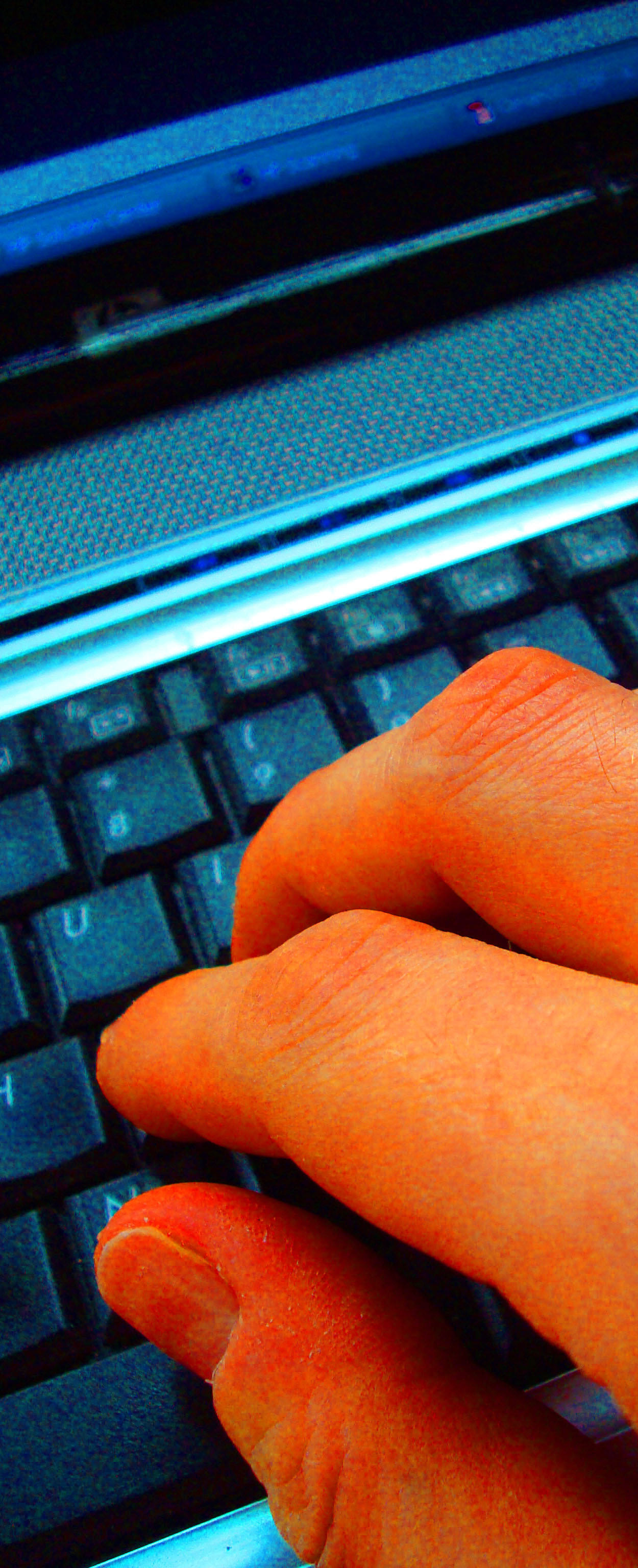Lose Your Control Addiction
 Thursday, January 25, 2018 at 1:34PM
Thursday, January 25, 2018 at 1:34PM If you're like me (and if you're an American professional, you probably are) this is your primary obsession: Control. Everything. All the time.
This mantra does not lead to a rewarding life. Here's my advice.
Take three weeks off from work. Go alone, to a very foreign place (no, not Europe) — a place where you don’t know the language at all. Be sensible about it; study a phrase book for a few hours on the plane. Then really get lost. Get off the beaten path, away from any international airport, consulate or tourist haven, out into the desert or mountains where English is not known. Live with people who share no common language or experiences with you, and live for a few days the way they live. Show absolute appreciation for their hospitality, even if they have no utilities and can offer only a mattress on the floor with the occasional centipede, and a cold shower in an outhouse without a door. Watch how they open their homes and lives to you. After all, you are a harmless curiosity, and break the tedium. Communicate through gestures, pointing, and expressions, and start learning each other’s languages. Accept with a laugh that you have to shake your heads and shrug, unable to understand one another. Savor not knowing what’s going to happen, where you’re going tomorrow or what you should bring.
Encourage your new family to lead you to the most amazing places they know, perhaps climbing all day without encountering anyone, up to elevations where you think each step will be your last, just to see snow-capped peaks, ancient ruins, or a lone condor soaring across mile-high cliffs. Let them bring you to eat plates of food that you cannot identify, cooked in front of you at food stalls in chaotic markets without sanitation where mangy dogs sit hopefully at your feet.
Squeeze into the jam-packed clapped-out local transport full of farmers, workers and animals. Let the driver take that backpack with your most precious possessions — a roll of toilet paper and water bottle — and throw it on top of the bus that’s about to jolt and careen along winding dirt tracks on the edges of cliffs, honking and playing chicken at high speed with oncoming trucks, lurching around boulders from recent landslides.
If you gain their trust, even let your new friends initiate you into rituals and ceremonies that open your consciousness to new levels of awareness.
But most importantly, open your mind and senses to it all, without access to the internet. No map app. No looking up words, places, foods, or potentially mind-altering substances on your phone, taking away the mystery and surprise of it all. There will be time to piece together what happened and where, with Wi-Fi on your flight home. For now, just experience it, don’t overthink it, don’t look for excuses, and don’t say no. The likelihoods that you will die, or be maimed, or contract a horrible disease are all lower than in your padded seat on that international flight home.
Does this sound like hell? It is, until you realize the reason why, and reject it. The reason is that you are an American, and a professional. You have been trained all your life to be in control; to not trust; to fear most those things that are least likely to happen; to live a formulaic life and make the most practical decisions; to plan and know what will happen today, tomorrow, and next year; to know your precise net worth at five-minute intervals based on the latest Bloomberg reports; to have an elevator speech and a five-year plan.
Control. Everything. All the time.
It’s a disease. Because truly, all aspects of life are uncontrollable in the extreme. And those hundred or so moments in every day that afford us a glimpse of that unsettling fact, lead us to anxiety and depression, and to therapists and medications and sleeplessness. Our obsession with control guarantees dissatisfaction with our jobs, unhappy relationships, and an inability to truly love — because what is love if not giving yourself over to helplessness?
Our need to control is killing us, individually and as a society. It is turning us into the land of the willingly imprisoned, and home of the insanely fearful. And as the world gets more complex by the day, our control expectation gap yawns ever wider.
So go. Check your fears with your luggage, and abandon it all on the baggage-claim carousel. All you need is a well-stocked backpack, after all. You’ll be wearing those same clothes for a while.
When you return, you won’t be refreshed from a week at the beach. You’ll be exhausted. But you’ll be exhilarated, knowing that you experienced and survived a myriad of things your peers likely could not. While they continue to buck and strain ever fiercely for the illusion of control they will never attain, you will see more clearly that even in the ethereal, artificial construct of your professional world, there is calm and comfort in accepting the unrelenting chaos.
If the adventure is as positive as mine was, maybe you’ll even take more rewarding risks in your profession and your personal life, not knowing where they might lead. If so, you can be certain of one thing: that along the way you will capture experiences and memories more breathtaking than any mere tourist in life could hope to instagram from the tinted windows of an air-conditioned luxury tour bus.


